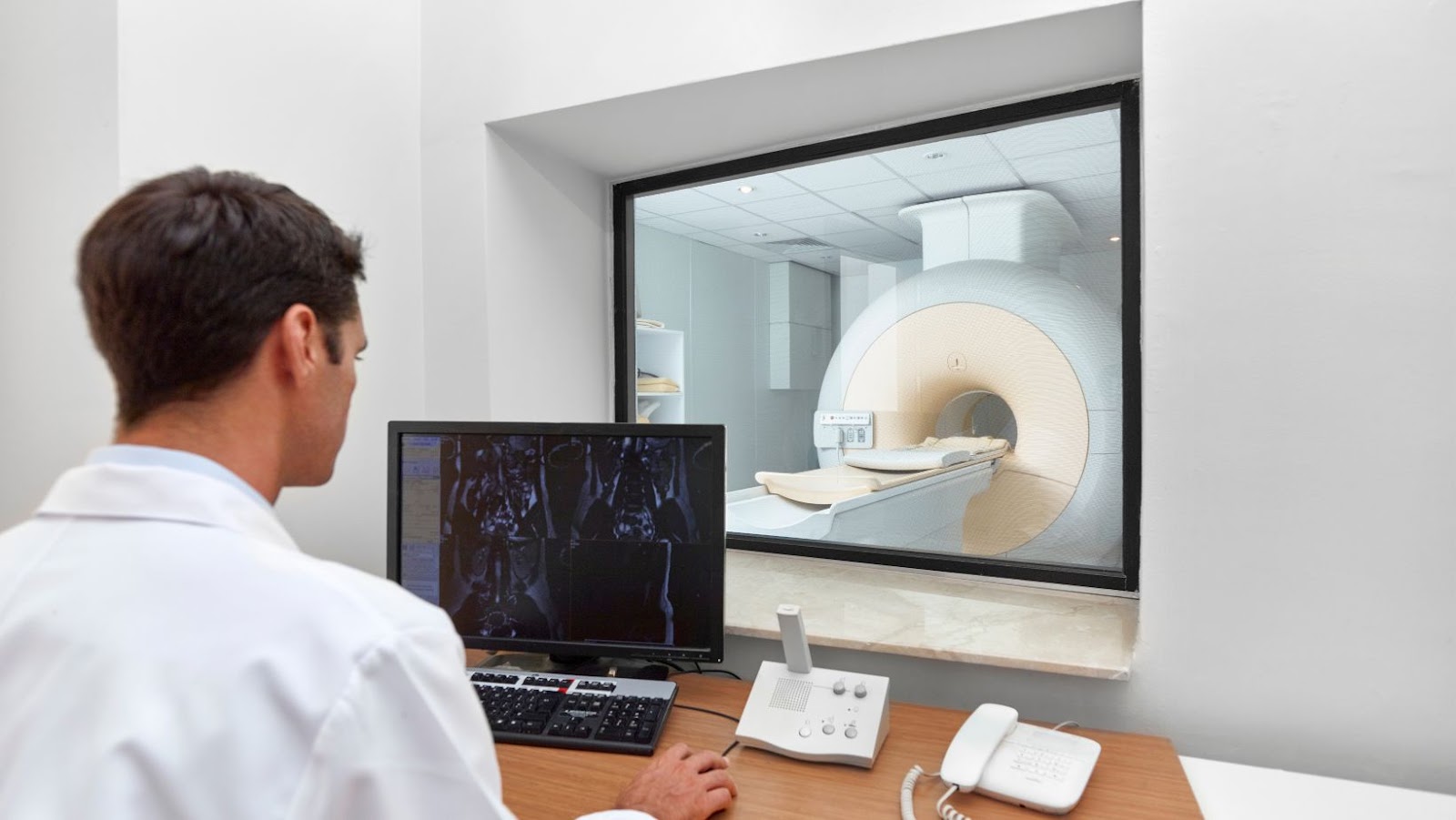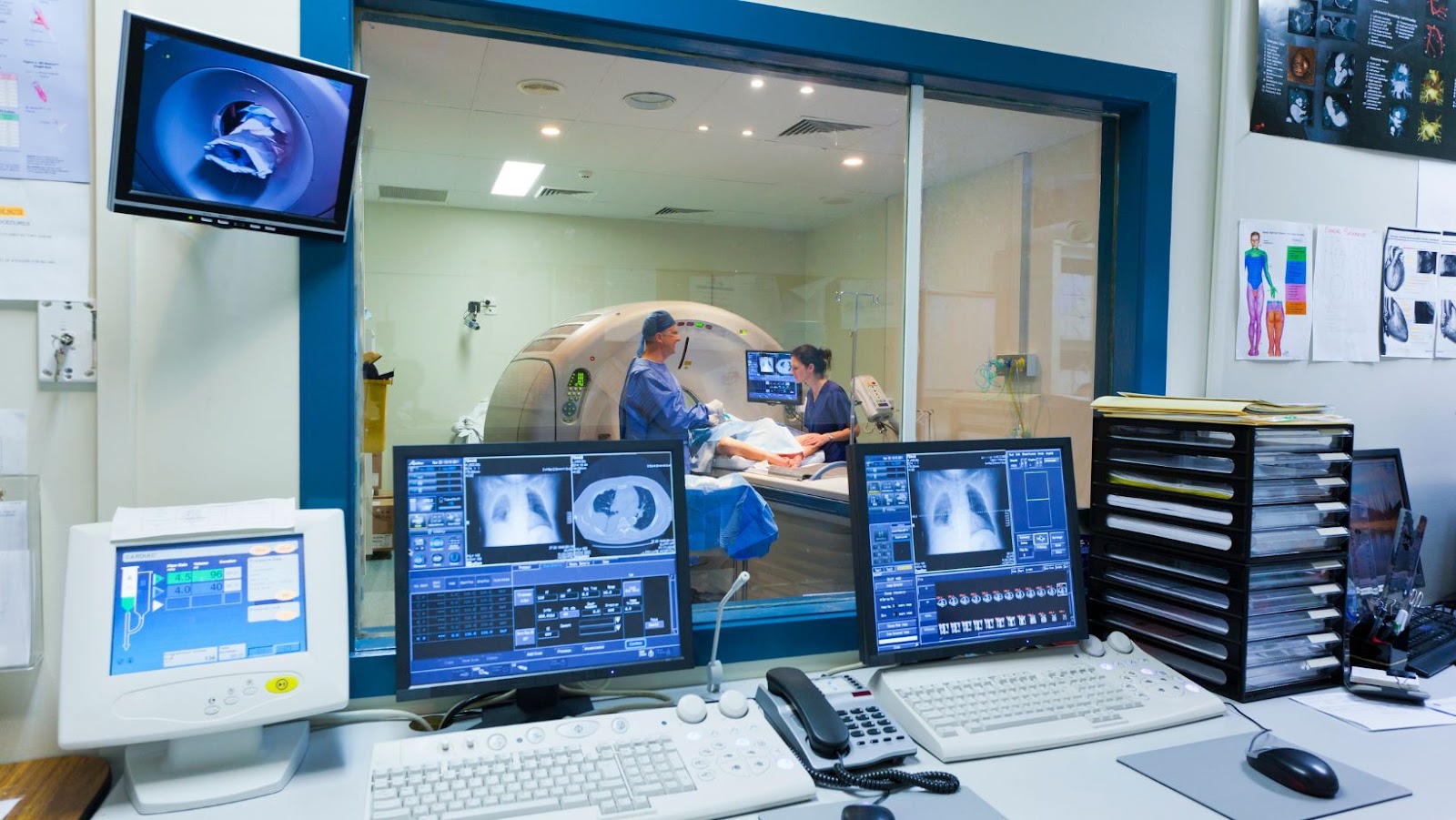 How Much Does an MRI Tech Make
How Much Does an MRI Tech Make
Working in a fast-paced medical environment, an MRI Tech assumes responsibility for several critical tasks. Operating the imaging equipment to produce scans that help diagnose various conditions, ensures the patient’s comfort and safety during the procedure, and follows protocols to maintain machine performance. Simultaneously, the tech maintains patient records, coordinates with the medical team to discuss findings, and keeps up-to-date with advancements in imaging technology.
How Much Does an MRI Tech Make? Mastering the necessary skills plays a pivotal role in a MRI Tech’s career advancement and potential earnings. Top skills include in-depth knowledge of MRI technology, strong attention to detail, excellent patient care skills, and the ability to communicate complex information effectively. As the field continues to evolve rapidly, the ability to adapt to new technologies and procedures also becomes increasingly important. These skills enhance job performance, which directly influences an MRI tech’s salary.
 Education and Training Paths to Become an MRI Tech
Education and Training Paths to Become an MRI Tech
How Much Does an MRI Tech Make? Pursuing a career as an MRI tech necessitates specific education and training. This section provides an overview of the essential steps, including the applicable high school courses, post-secondary education alternatives, and professional training and certification opportunities.
High school students contemplating a career in MRI technology benefit from focusing on core courses. For example, physics, chemistry, mathematics, and biology provide foundational knowledge for this career path. Computer science classes enhance technological proficiency. In addition, health care occupational courses, if available, offer exposure to the healthcare industry, which could be valuable for identifying career interests.
Post-high school, students have various paths to continue their education. An associate’s degree in MRI technology is a common route for aspiring MRI techs. These programs typically last two years and offer courses in anatomy, physiology, medical ethics, imaging analysis, and MRI principles.
A bachelor’s degree is another option, most notably for someone targeting advanced positions or specializing in a specific field. Degrees in radiologic technology or allied health could be particularly beneficial. These four-year programs cover similar coursework as the associate’s degree but offer a more comprehensive education.
Post-education, professional training and certifications provide opportunities for specialization and career advancement. Certifications are available from various professional bodies, with the American Registry of Radiologic Technologists (ARRT) being a widely recognized one. Gaining ARRT certification requires completing an accredited MRI education program, meeting ethical standards, and passing the ARRT’s examination. Continuing education requirements ensure MRI techs keep their skills current, adhering to evolving industry standards and practices.
 Salary Overview of an MRI Tech in the US
Salary Overview of an MRI Tech in the US
How Much Does an MRI Tech Make? MRI Techs in the US receive diverse income packages. This disparity arises mainly from several influencing factors and regional variations.
An MRI Tech’s salary varies due to internal and external factors. Internally, educational credentials, level of experience, and specialization areas play crucial roles. For instance, an MRI tech with a bachelor’s degree might earn more than colleagues with an associate’s degree. Similarly, someone experienced or with a certification in a specific MRI technology might receive higher compensation. Externally, the job market’s dynamics, particularly the demand and supply of MRI technicians, dictate salary scales. This belief is substantiated by the U.S Bureau of Labor Statistics, which notes a direct link between job market changes and salary rates.
How Much Does an MRI Tech Make? MRI Tech salaries fluctuate from one state to another. For instance, California, known for its high cost of living, tops the list with an average salary of $86,380 per year. At the same time, Florida, having a lower cost of living, reports an average MRI tech salary of $65,820. Other states like New York, Texas, and Illinois also report varying average salaries for MRI techs, typically range from $70,000 to $80,000. This difference demonstrates that location strongly influences an MRI Tech’s earning potential.
MRI techs play a crucial role in healthcare, executing tasks that require specialized knowledge and skills. Their earnings reflect this expertise, with salaries varying based on factors like location, experience, and additional qualifications. They’re not only rewarded for their technical prowess but also for their commitment to continuous learning and specialization. Whether it’s neuroimaging or cardiac imaging, specialized training can significantly boost an MRI tech’s earning potential. So, while the average salary sits around $73,410, the top tier of professionals can earn over $101,580 annually.